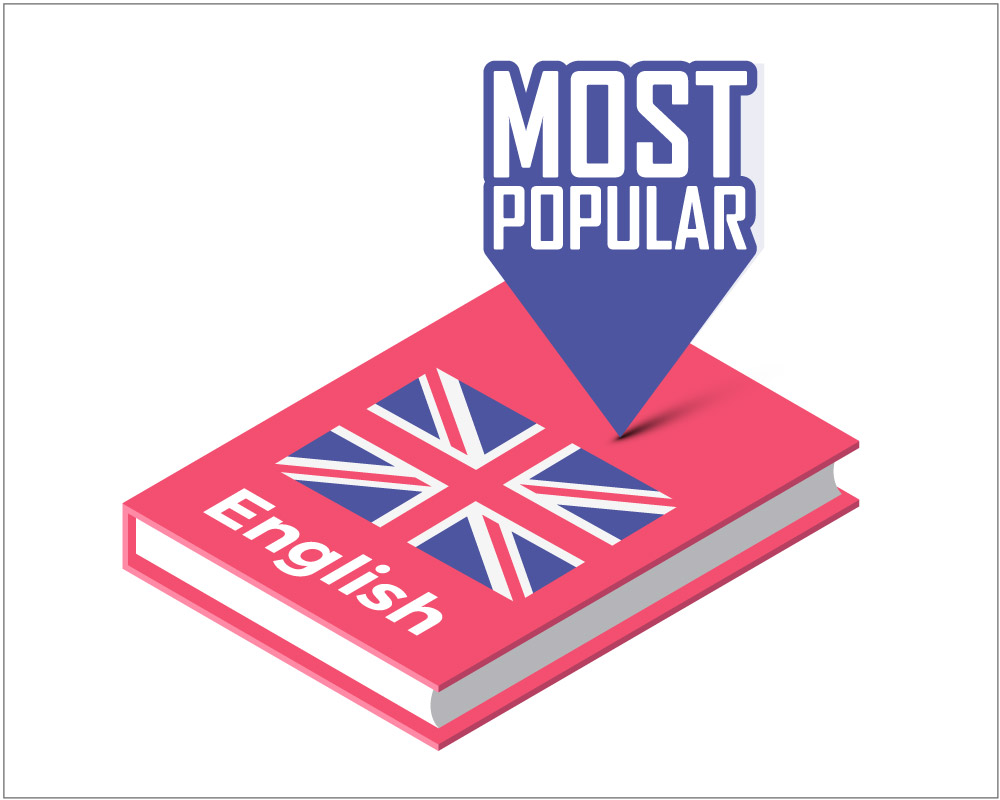Discovering the Words of the Year
|
Font size:
Each year brings with it fresh opportunities and new challenges, as we look to build on the progress made – or recover from the setbacks experienced – over the previous 12 months.
A calendar year is often characterised by events that have taken place, including unexpected developing situations that are beyond our control, as evidenced with the coronavirus (Covid-19) pandemic.
While circumstances play an important defining role in how a year is viewed in retrospect, individual words have also come to perfectly symbolise such a period of time.
Below, we will cast our eye over some of the most recent ‘Words of the Year’ (WOTY) officially announced by the Collins English Dictionary, an historic publication which printed its first edition over 200 years ago, in 1819.
Word of the Year Award
The award for WOTY has been released annually by a number of sources, including by Merriam-Webster, Oxford University Press, and Dictionary.com, among various other respected publications.
In this section, we will be taking a look at the words chosen by Collins every year since 2013, when the dictionary first started revealing their WOTY selections.
● 2013 – Geek
Definition: An informal term that is used to describe an unfashionable or socially inept person in an unkind way.
● 2014 – Photobomb
Definition: Spoiling a photograph by unexpectedly appearing in the frame of view just as the picture is being taken.
● 2015 – Binge-watch
Definition: Watching multiple episodes of a television series in rapid succession, one after the other.
● 2016 – Brexit
Definition: The withdrawal of the United Kingdom from the European Union, which occurred on January 31, 2020.
● 2017 – Fake news
Definition: False or misleading information presented as news or factually accurate, despite having no basis in fact.
● 2018 – Single-use
Definition: Something that is specifically designed to be used once and then disposed of or destroyed, such as plastic product packaging.
● 2019 – Climate strike
Definition: A form of protest in which people take part in demonstrations demanding action to counter climate change.
● 2020 – Lockdown
Definition: When people are required to stay at home, unless they need to go out for certain reasons, like buying food or exercising.
● 2021 – NFT
Definition: A digital certificate of ownership of a unique asset, such as an artwork or collectible.
A Pandemic Through Words
● Social Distancing
● Anti-vaxxer
● Snowflake
● Covidiot
● Cancel culture
At Pangea Global, our main focus is to meet your translation and localization needs via our dedicated team of professionals who are on hand to help make your content sparkle. Does this sound good to you? Get in touch here.














